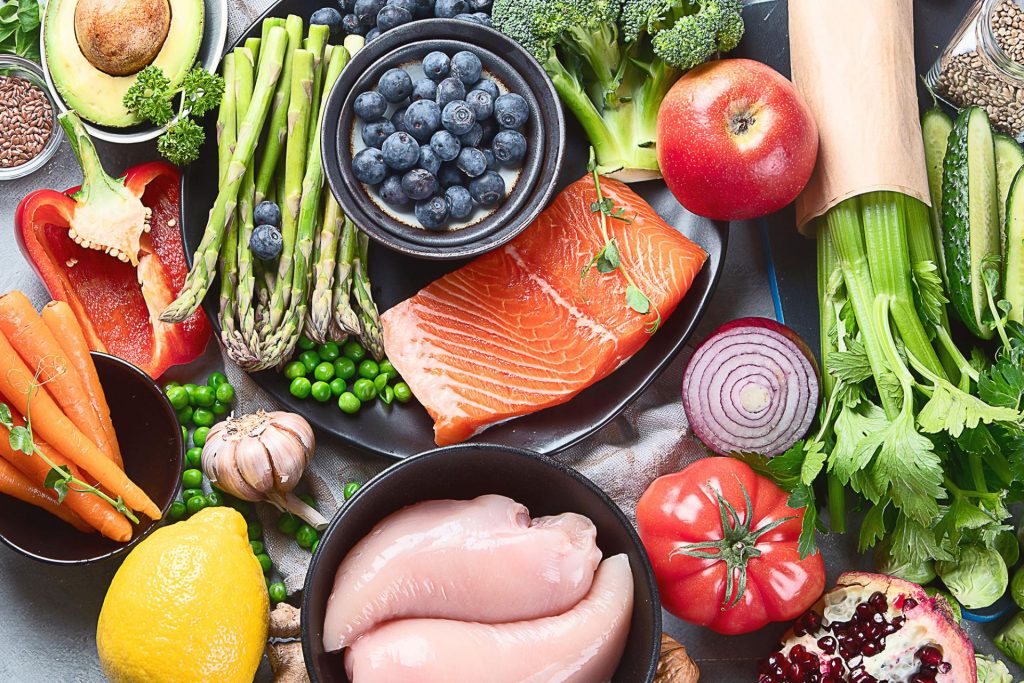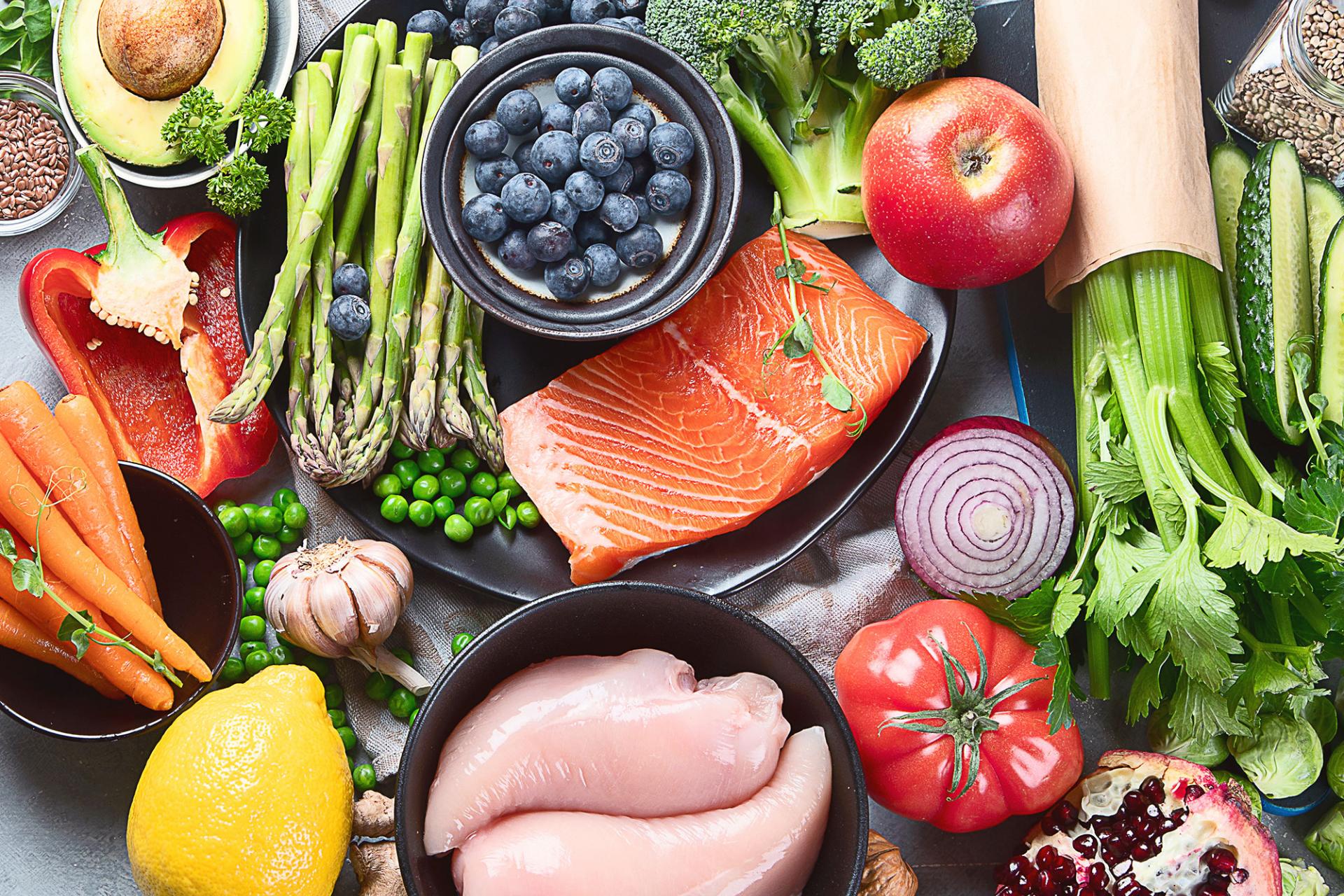
Eating Beyond Hunger: A Deep Dive
Have you ever wondered if, on your intuitive eating journey, you should only eat when your stomach grumbles? Well, here’s a heads up: you shouldn’t limit yourself like that.
Delve deeper to discover the multifaceted reasons we eat and why it’s absolutely normal to eat beyond just hunger.
When Is It Okay to Eat Without Feeling Hungry?
We’ve all grown up with reminders about distinguishing between eating out of genuine hunger versus emotional eating, like eating out of boredom. Often, emotional eating is criticized as being a “poor” reason to eat.
We’re often told by diet regimes, professionals, or even acquaintances that healthy eating equates to eating strictly when hungry. Such advice also inadvertently seeps through when people discuss intuitive eating.
Remember the old tips?
- “Pause for 20 minutes and then decide if you’re really hungry.”
- “Try a carrot or apple first.”
- “Distract yourself if you’re just bored.”
I too, during my initial years as a dietitian, suggested similar advice to my clients. But with time, I’ve come to see that believing you should only eat when your stomach is growling isn’t just limiting; it can also be damaging. Such a mindset can often trigger binge eating. This brings us to an important realization.
Should You Eat Even If You Aren’t Hungry?
Definitely! Eating isn’t solely about fueling our bodies. There are myriad reasons why you might choose to eat without physical hunger pangs.
Food brings joy, evokes memories, and is a cultural expression. Remember a comforting dish you turn to when you’re down? Or a meal that stirs cherished memories? For me, it’s the chocolate chip cookies I baked with my mom and the always-comforting boxed mac and cheese.
Moreover, dishes can narrate a place’s socio-agricultural evolution.
Using food as a coping strategy is also valid. Sometimes, a comforting dish is all we need during stress or loneliness. Coping tools, including food, exist for a reason. It’s not always beneficial to deny ourselves these tools, especially if alternatives aren’t available.
Additionally, intuitive eating requires a balance of listening to your body and applying what you know. Sometimes life’s demands might influence when you eat. For instance, if your job requires an early start, eating breakfast, even if you’re not hungry, prevents midday starvation.
Stress, caffeine, anxiety, or recent physical activity can sometimes mask hunger. It’s essential to remember that even if you’re not feeling hungry, your body might still need nourishment.
The Ultra-Processed Food Dilemma
You’ve probably come across warnings about ultra-processed foods: their hyper-palatability and their persuasive advertising. However, to your body, these are just flavorsome foods that also provide nutrition.
When eating them, stay aware. Understand how they taste and how they make you feel. The allure of some of these foods might decrease once you’ve started eating, perhaps due to their marketing appeal versus their actual taste.
Banning these foods can lead to a cycle of restriction and over-indulgence. As you grant yourself the freedom to eat without guilt, you may find these foods becoming just another part of your diet.
Why Might You Eat Other Than Hunger?
Here are instances where you might eat without being hungry:
- You’re satisfied but not full.
- You crave something specific.
- You’ve exercised recently.
- Someone’s meal looks tempting.
- Eating enhances an experience (like popcorn at movies).
- Stress eating after long hours without food.
- Trying something new.
- Eating food with sentimental value.
- Preparing for long hours without food access.
- Seeking comfort through food.
- Simply because it looks appetizing.
Got more reasons? Share in the comments!
Hunger, Eating, and Mindfulness
It’s vital to prioritize eating when hungry, not just exclusively during those times. Regardless of the reason or the food type, can you stay present and enjoy the experience without overthinking?
If you feel uneasy about eating outside of hunger, reflect on those feelings. This introspection can deepen your understanding of your food relationship. And for those on the intuitive eating path, consider consulting a specialized dietitian.




